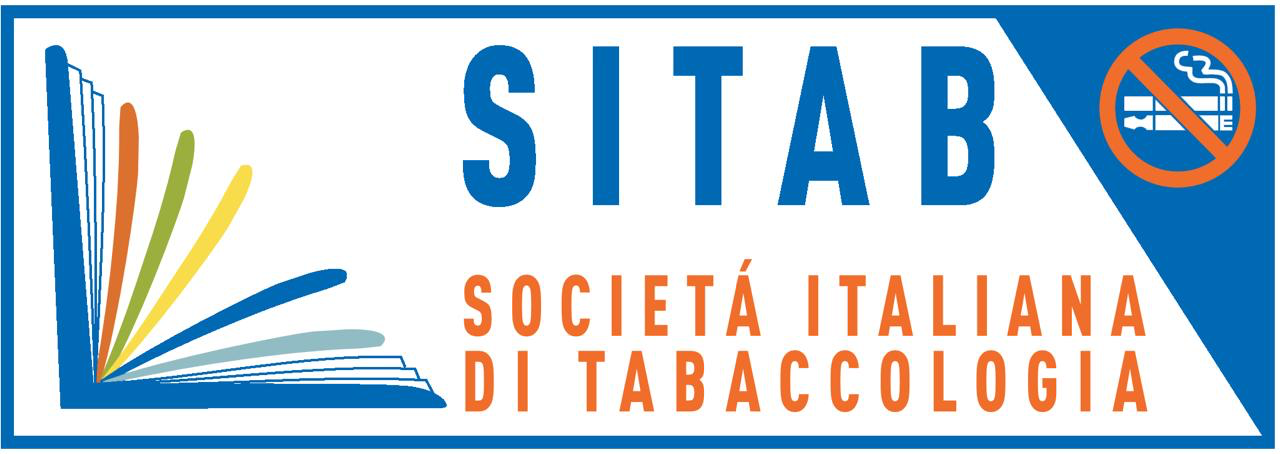Ah, Italy enslaved, abode of misery...
Article
It is the same cry of pain that today, as yesterday, raises from the Italians for a heartbroken healthcare system that is no longer able to carry out primary and secondary prevention of diseases in general and tobacco-related diseases in particular, borrowing the famous opening verse of grief mixed with anger by Dante Alighieri, in the Divine Comedy, Purgatory, verse 76 Canto VI, which introduces his bitter reflection on the political situation of Italy [1].
Without wishing to disrespect the great Poet, it is the same anguish and denunciation translated into the health that is raised by smokers and by the families of those 10.5 million smokers and of the approximately 6 million ex-smokers, many of whom are suffering or will suffer from a smoking-related disease [2].
And what is the Italian Authority doing in order to stem the annual massacre of about 80,000 premature deaths (of over 6.5 years with respect to non-smokers), due to tobacco-related diseases, all of which could have been avoided if people had not started smoking? [3]
On the one hand, disconnected and ineffective prevention programs, Tobacco Treatment Centres (CTT) without a central institutional formalisation, forced to live from day to day, and a tobacco cessation training not included in medical science academic teaching. On the other hand, continuous favours to the tobacco industry, such as agreements to extend the tobacco supply chain, tax concessions for the opening of factories for the packaging of tobacco products, absurd discounts on excise duties for electronic cigarettes and heated tobacco products, up to the recent proposal of the Italian Government for a ridiculous, derisory, and irrelevant increase, from a fiscal and ethical point of view, particularly with a view to improving public health.
“In fact,” comments the president of the Italian Society of Tobaccology (SITAB), Prof. Maria Sofia Cattaruzza, “it is no coincidence that, in other countries, such as France, Ireland, or the United Kingdom, the cost of a pack of cigarettes is 10 euros or more”.
“The Italian Society of Tobaccology,” continues the President, “calls for the current proposal to be reconsidered by increasing the excise duty on a pack of cigarettes by at least 1 euro and by abolishing the tax discounts on new products (electronic cigarettes and heated tobacco products)”.
.Galileo Galilei’s copy of the first Giolito edition of Divine Comedy (1555).
In this way, the State would collect an extra revenue of over 2 billion euros, which could be used to set up a Fund for tobacco control, as has been the case in France for more than three years, in order to promote an effective fight against smoking and a lifestyle free from tobacco and nicotine.
Tobacco smoking, according to the World Health Organization (WHO), is the leading cause of preventable death worldwide and is currently responsible for about 8 million deaths each year [4].
To combat this carnage, we need a strong policy on tobacco control. Among the most effective policy choices, the WHO calls on all countries to increase tobacco taxation, as scientific research has shown that raising taxes on tobacco products is a highly effective tool to reduce their consumption among low-income adults and among young people who are not yet economically independent.
Article 6 of the WHO Framework Convention (FCTC) on the Control of Tobacco Products states that the most effective approach to decrease the prevalence of tobacco use is to impose price increases (through increases in excise duties) so as to reduce demand [5].
Tobacco tax increases must be high enough to push prices above income growth. In fact, a price increase of 10% (a value that the World Health Report identified as highly cost-effective), reduces tobacco consumption by 4% in high-income countries, such as Italy, and by about 5% in low- and middle-income countries [4].
.The tricolor woman metaphor of Italy, dressed in white, red and green, in Carl Oesterley’s work inspired by the Divine Comedy (1845).
Increasing the price of tobacco products through higher taxation would also encourage smokers to quit, induce the very young to stop experimenting with smoking or, better still, not to start, reduce the relapse rates among those who have quit and reduce consumption among those who are unwilling or unable to quit, thus acting (in the worst case) as a harm reduction mechanism. The increased tax revenues could thus be used both to fund health promotion programmes (which in turn would lead to further reductions in tobacco consumption and improvements in the health conditions and quality of life of the population) and to make clinical pathways and smoking cessation therapies free of charge.
Unfortunately for Italy, the update of the “Global Tobacco Industry Interference Index” has recently been released and once again Italy is at the bottom of the ranking. Our country ranks 77th out of 90 countries analysed and 17th among the 20 European countries: only Romania, Georgia, and Switzerland have a worse score than ours [6].
Needless to say, without disturbing the Supreme Poet, the problem of tobacco smoking must be tackled programmatically, strongly, and courageously, to reduce mourning and suffering, finally freeing ourselves from the yoke of the tobacco lobby.
References
- Alighieri D. La Commedia. Johann Neumeister: Foligno; 1472.
- Mastrobattista L, Mortali C, Solimini R, Pichini S, Palmi I. The national report on tobacco use 2023. Tabaccologia. 2023; XXI(2):22-26. DOI
- Shaw M, Richard Mitchell R, Dorling D. Time for a smoke? One cigarette reduces your life by 11 minutes. BMJ. 2000; 320:53.
- World Health Organization (WHO). Tobacco fact sheet.Publisher Full Text
- TobaccoEndgame. Alleanza per un’Italia senza tabacco. La convenzione quadro per il controllo del tabacco.Publisher Full Text
- Istituto di Ricerche Farmacologiche “Mario Negri”, Istituto per lo Studio, la Prevenzione e la Rete Oncologica, TobaccoEndgame Società Italiana di Tabaccologia. Italy: Tobacco Industry Interference. Index 2023. 2023. Publisher Full Text
